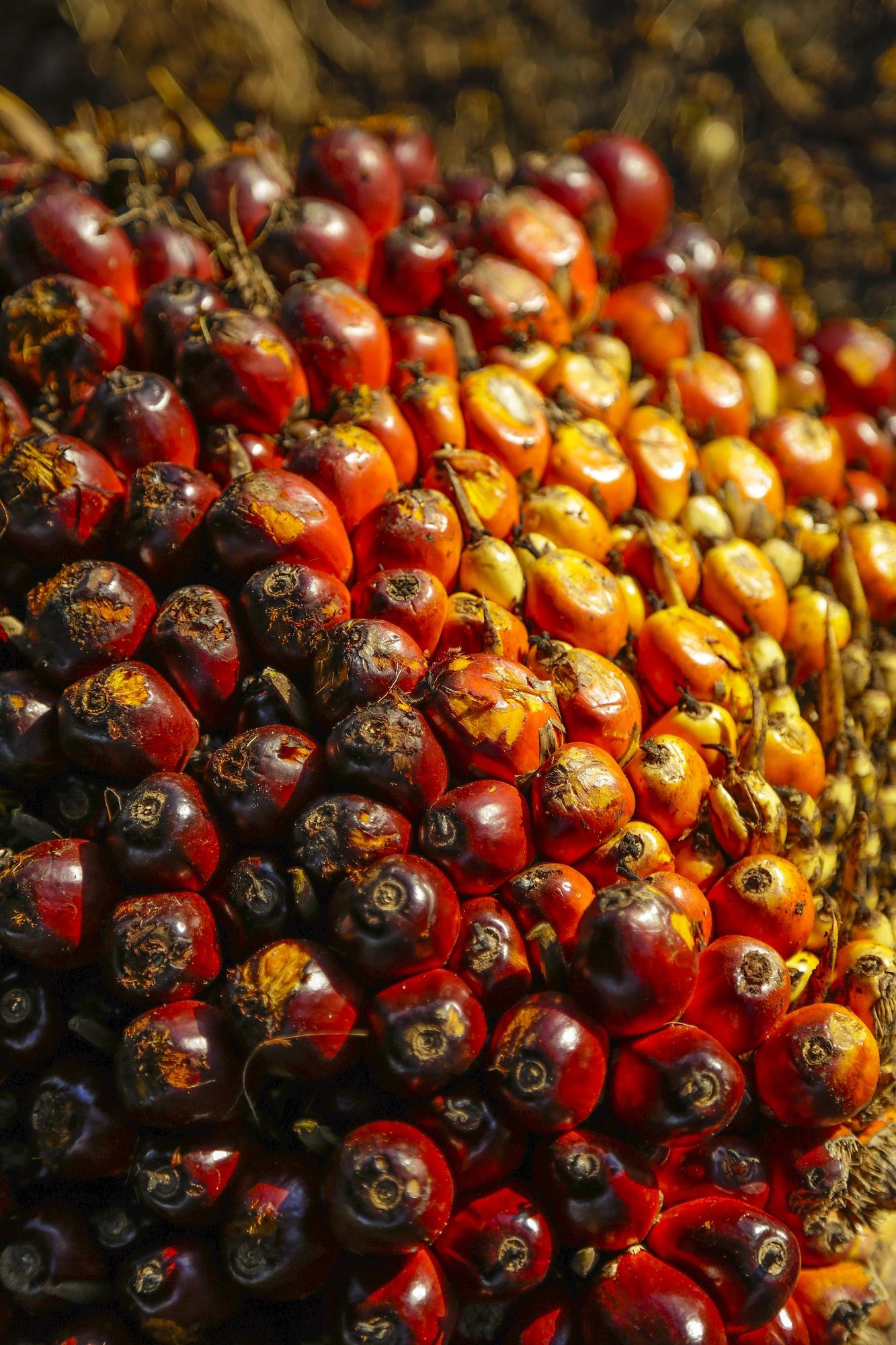
The implementation of the EU Regulation on Deforestation-Free Products has been postponed by 12 months, allowing time to gradually adapt to a series of obligations aimed at reducing the impact of our activities on the planet’s precious forests. Among constraints and opportunities, one certainty emerges: the regulation fully embodies the sentiment of industry customers, who are increasingly attentive to sustainability and eager to reduce their environmental footprint, even while on vacation.
Awareness of sustainability and the fight against climate change has become a guiding light in turbulent times. The HoReCa sector is moving in this direction, on the one hand making choices aimed at reducing environmental impact and waste, and on the other, aligning with European directives and regulations that impose new challenges.
One of these challenges is tied to the recent adoption of the EU Regulation on Deforestation-Free Products (EUDR). Officially introduced in 2023, the regulation aims to ensure that products entering the European market are not linked to deforestation or forest degradation. For the hospitality and catering sectors, adapting to this regulation entails not only obligations but also opportunities for evolution and differentiation in an increasingly environmentally conscious market.
An interesting survey by Booking.com’s Sustainable Travel Report highlights the focus on sustainable hospitality. Based on a sample of 30,000 people from 32 countries, the report reveals that 78% of travelers intend to stay in eco-friendly accommodations, while 27% actively seek information on a property’s sustainability before booking. Among those developing awareness of their stay’s sustainability, 34% aim to minimize their environmental impact, 29% view sustainability as an opportunity for a deeper connection with the territory and local communities, and 26% believe that sustainable accommodations have a better impact on the environment and a more positive relationship with local populations. Simply put, sustainability is seen as an advantageous distinguishing feature, and the EUDR regulation reinforces this direction.


What does the EUDR regulate?
The EUDR, effective since June 2023, is designed to reduce the impact of European imports on global deforestation by limiting access to the EU market for products that contribute to forest destruction. It targets commodities like cocoa, palm oil, beef, soy, coffee, and wood—materials often associated with agricultural practices that cause deforestation and environmental degradation. The relevance to the HoReCa sector is evident. For example, coffee is a central element of hospitality services, with Italy’s love for coffee reflected in an average annual consumption of 4.5 kilograms per capita, primarily enjoyed in bars. It’s an undeniable cornerstone of Italian hospitality.
Obligations for the HoReCa sector
For restaurateurs, hotel managers, and HoReCa operators, the regulation imposes new requirements. Food and non-food products entering Europe must be traceable to their origin, with a particular focus on the geolocation of the lands they come from. Suppliers must provide concrete proof that their activities are not linked to deforestation. Selecting compliant suppliers is not only a necessity to avoid reputational risks but also a crucial business practice.
Key obligations for operators include:
- Due diligence: Demonstrating that products are not linked to deforestation or forest degradation and comply with the country of origin’s legislation.
- Traceability: Possessing detailed information, including geolocation data of production lands.
- Continuous monitoring: Member states are responsible for ensuring compliance through inspections and audits.
Why is it mandatory?
The regulation is directly applicable across all EU member states, requiring no national transposition as it is an EU directive. Its binding nature ensures a uniform approach to environmental sustainability and forest protection, leaving no room for interpretation or discretionary applications. Non-compliance can lead to severe penalties, including fines proportionate to the value of non-compliant products and company turnover.
For HoReCa operators, the first responsibility is ensuring that purchased and used products are not only legal under the country of origin’s regulations but also certified as “deforestation-free.”
A constant commitment
Adapting to this regulation requires a commitment to transparency and traceability throughout the supply chain. Suppliers of both food and non-food products must guarantee, through documentation and certifications, that their production is not linked to deforestation. Sustainability certifications like the RSPO (Roundtable on Sustainable Palm Oil) for palm oil or Fair Trade for agricultural products will become increasingly essential for restaurants and hotels seeking compliance.

Economic impacts and cost management
The regulation may lead to increased operational costs for HoReCa operators. Choosing certified suppliers and ensuring product traceability may result in higher prices for certain raw materials. However, the long-term benefits include reduced risk of legal penalties and enhanced corporate image as a responsible and sustainable player.
Opportunities for the HoReCa sector
Despite the obligations, the EUDR offers significant opportunities. Compliance represents a chance for restaurateurs and hoteliers to stand out in a competitive market. As consumers grow increasingly sensitive to environmental choices, they are likely to be drawn to establishments promoting sustainable practices. With experiential tourism becoming a major trend, adopting a “deforestation-free” approach can be a powerful marketing tool, enhancing reputation and building loyalty among conscious customers.
Moreover, the regulation stimulates innovation. Sustainable alternatives—such as certified palm oils, low-impact meat supply chains, or products based on non-deforestation-linked ingredients—open new horizons for the HoReCa sector, addressing the growing demand for sustainability.
When does it start?
The deforestation regulation has been in force since June 29, 2023, and its provisions must be implemented by December 30, 2024. However, the European Council has approved the Commission’s proposal to postpone the application date by one year. Consequently, obligations under this regulation will become binding from December 30, 2025, for large operators and traders, and from June 30, 2026, for micro and small enterprises.
The EUDR regulation represents a significant challenge for the HoReCa sector but also a major opportunity. By complying with these directives, restaurateurs and hoteliers will not only contribute to global forest protection but also enhance their competitiveness, presenting themselves as responsible and environmentally conscious businesses. For the future, integrating more sustainable practices will become increasingly necessary, and those who seize these opportunities will be ready to meet the demands of an evolving, more aware, and increasingly discerning market.
